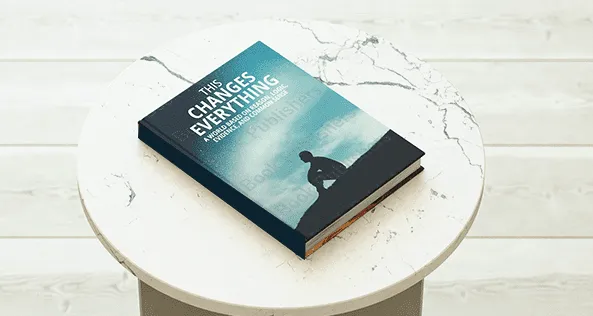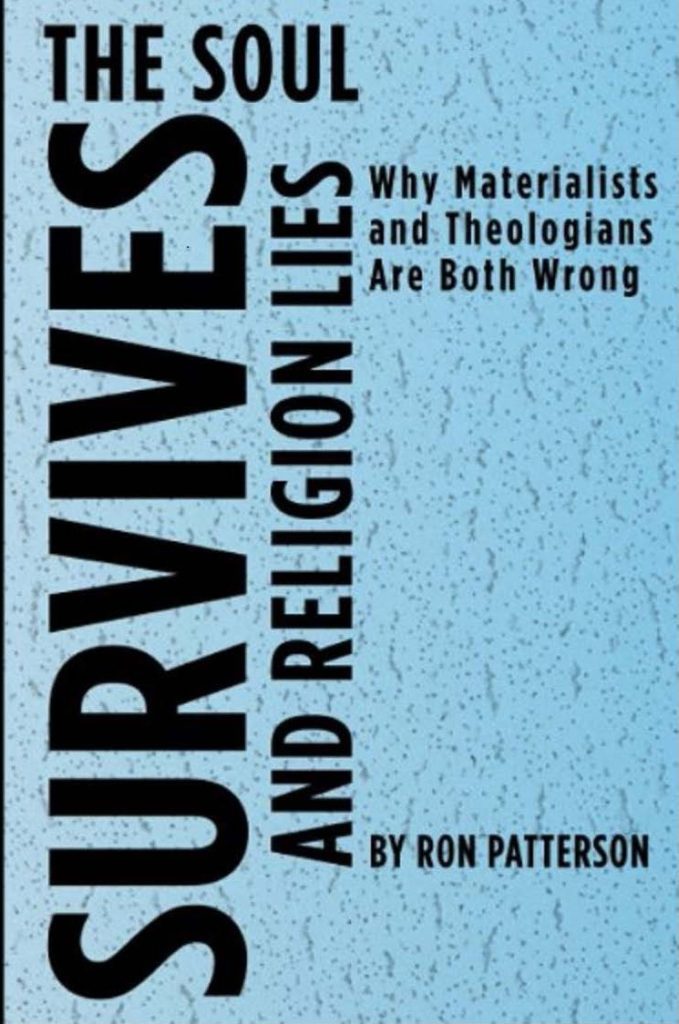Top 5 Books for Free Thinkers and Skeptics That Challenge Belief
If you’re someone who challenges convention and seeks truth in reason, not tradition, then free-thinking or skeptical books offer an opportunity to investigate ideas that challenge dominant views, encourage critical thought, and allow for intellectual freedom. This article will present five essential books for skeptics and critical thinkers that engage readers to question assumptions and evidence.
From Ron Patterson’s original and innovative work to influential books by others, these examples of books that challenge conventional thinking are great for the open-minded reader. So, let’s discuss our favorites.
Why Free Thinkers Need These Books
Free thinkers and skeptics want to know what your thinking is and send you on a search for it. Books for free thinkers and skeptics offer a springboard for questioning previously unquestioned beliefs, whether they are religious, cultural or societal. These books don’t merely reject tradition, they get the reader to consider what opens up after rejecting it. For instance, free thought and skepticism books like Ron Patterson’s This Changes Everything ask readers to reconsider what their worldview is based on, and the question posed to readers is, what if we based our beliefs on logic, not inherited dogma?
This is a list of books for free thinkers and skeptics who want to think independently for themselves. Each book approaches things differently but with one goal – a more reasoned based understanding of reality that considers, directs, manipulates, personal reflections upon, philosophy and science.
How Secular Spirituality Challenges Traditional Beliefs
Books that examine spiritual truths outside of religion don’t hesitate to challenge long-held beliefs. They ask: Why do we act on the premise that spirituality is connected to deities and an afterlife? Spirituality without religion books delve into this premise while leading the reader to understand spirituality on their own terms. Together, the spiritual and the secular form a respectful but daring exploration. The author acknowledges that for some, the comfort that religion provides is worthwhile. However, spirituality can just as well exist outside the context of religion, with significance.
Patterson’s book is significantly different from other non-religious or secular spirituality exploits because it doesn’t simply critique religion; it offers an alternative. Through logical premises and philosophical arguments, it outlines how secular spirituality can provide purpose without dogma. This means it is an important and essential read for anyone interested in exploring the notion of a decrease in spirituality in books about secular spirituality, while also remaining challenging and accessible.
Practical Steps to Explore Non-Religious Spirituality
So, now what? How to begin? Non-religious spiritual discovery books typically provide suggestions on broadening your notions of spiritual connection with concepts like mindfulness, journaling, or being aware of and interacting with nature to feel more connected. One of the recommendations in Patterson’s book is to begin by answering some self-discovery questions: “What are your values?” and “What fills you with awe or purpose?”
Another overtly practical option is to participate in communities of people with like-minded thoughts and ideals. Engaging in online forums, book clubs, or discussion groups about spirituality without religion books can provide support and perspective. The principle is to be open and receptive to others and ask yourselves questions like: What if we viewed spirituality as a continuously evolving process rather than a destination?


